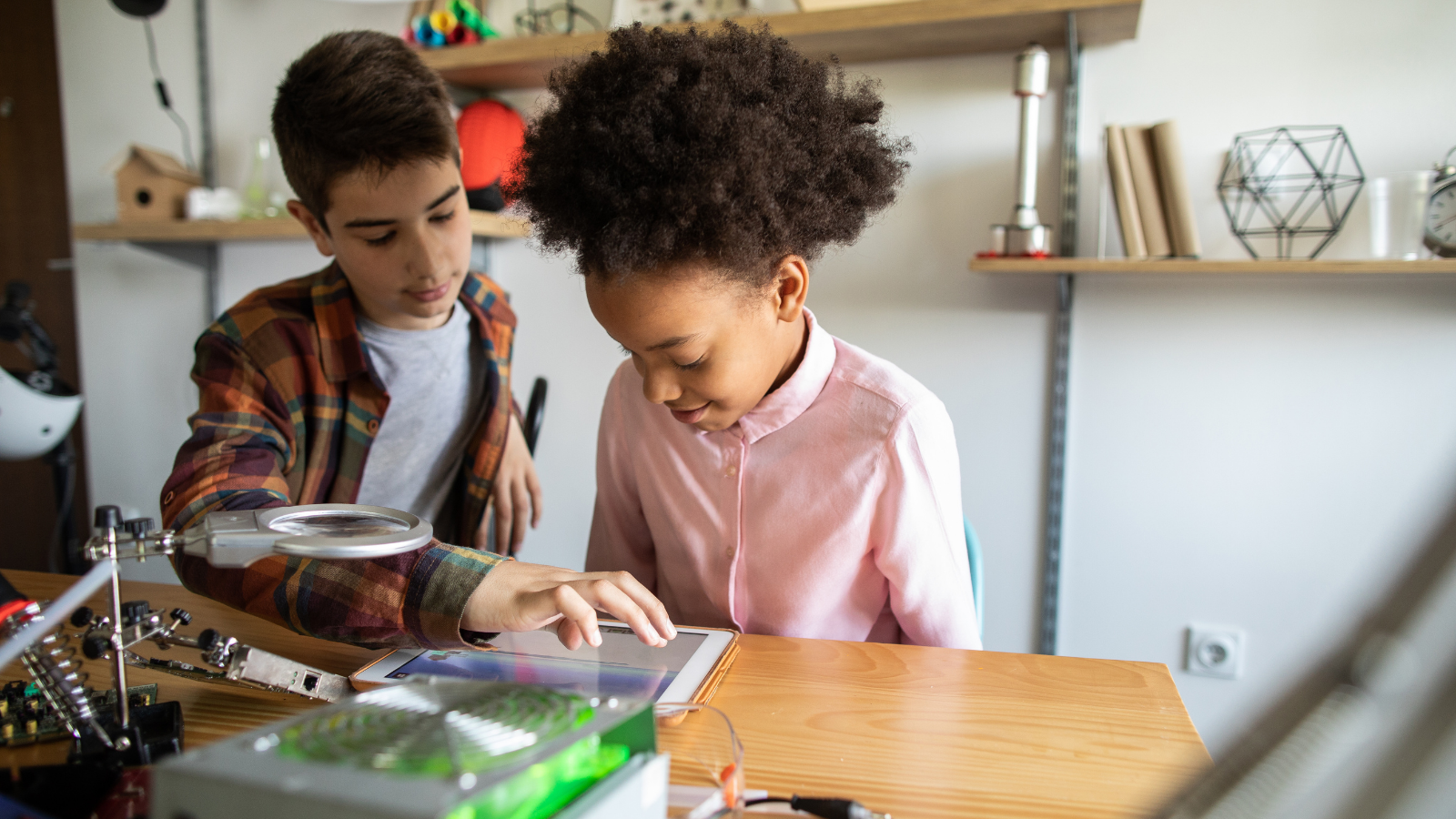None of the legislation and policy shapers of the digital era are proper digital natives. Even those of us in our twenties, who can claim the title of almost digital natives, can remember having to remember our friend’s families’ home phone numbers by heart, pressing multiple times to get a letter on our flip phones, and forgetting to return our slightly scratched DVDs to the rental shop on time. We are still considered ‘youth’ but we do have a different conception of the digital world than those who are children now. This gap in digital experience and insight only becomes bigger when we look to older generations, who unsurprisingly also make up most of our policymakers. Thankfully, we are starting to realise how crucial it is for the Digital Generation to share their thoughts and experiences. For this, we look to the latest incarnation of the Better Internet for Kids Strategy (BIK+) which puts active participation as one of its three core pillars[1]. Instead of only passing down knowledge and experience, we are now looking to pass it up.
As adults, we can feel pretty sure that we know what children need and want. The problem is that we are often wrong. In the DigiGen project focusing on the impact of technological transformation on children and young people, we engaged in research with children and families across Europe. We saw that a lot of parents perceive their children’s use of platforms such as TikTok or YouTube as unenriching parts of their child’s life and development [2]. For example, an Estonian mother interviewed said:
For me TikTok is kind of nonsense and all those things like, complete nonsense. Well really. And then, well, all these, with modern word—influencer—the content of which is still completely not understandable to me, what that ‘influencing’ really means.
Children also pick up on their parents’ perceptions, summed up nicely by this child also from Estonia:
My mom doesn’t particularly allow me to go… Well, because she says there are all kinds of stupid things on YouTube.
Granted, like these parents I do remember when YouTube was mainly funny cat videos, but I also was part of the generation who first experienced YouTube’s transformation into a space where content creators fostered communities and became influencers through vlogging, etc. Regardless, if you were to ask me how to support children and young people growing up right now, I’d probably be making policy for digital childhoods of the early 2000s, not for the current digital era. I may be an almost digital native, but not in the same way as this digital generation. I think we should let go of some of our presumed wisdom and listen more.
When we do listen to children and young people directly, we hear about how they use digital technologies to communicate with friends, learn new things, build social movements, and spend time with family[3].These valuable aspects are clear from DigiGen data, for instance, a ten-year-old child from Estonia said:
And then you can talk, when your mother or father is far away, you can talk to him on the phone and make video calls like that.
When specifically asked about where did they learn English, a nine-year-old child from Romania answered:
From YouTube and Minecraft (…) my friend doesn’t know so well to read and text in English, so I aid him when he does not understand something from the game.
We also see from the quantitative data that children who use ICT more have a better well-being than children that use it less [4]. Not only this, but the more children use digital technologies, the more time children spend with their family or seeing friends. This certainly wears down the narratives that are hyper-fixated on the idea that digitalisation is harming children and destroying childhood. Actively listening to the Digital Generation shows us their realities, both in the risks and opportunities of the digital environment, to go forward and properly support them.
Now the BIK+ strategy has put active participation clearly on the agenda, I hope to see the European Commission, Member States, industry, and civil society realising how essential children’s lived experiences and views are to creating a safe and positive digital environment.
[1] European Commission May 2022, A Digital Decade for children and youth: the new European strategy for a better internet for kids (BIK+)
[2] Kapella, O. & Sisask, M. (2021). Country reports presenting the findings from the four case studies- Austria, Estonia, Norway, and Romania. (DigiGen- working paper series No.6).
[3] Ibid.
[4] Parsanoglou, D., Mifsud, L., Ayllón, S., Brugarolas, P., Filandrianos, G., Hyggen, C., Kazani, A., Lado, S., Symeonaki, M., & Andreassen, K. J. (2022). Combining innovative methodological tools to approach digital transformations in leisure among children and young people. (DigiGen- working paper series No.9).
About the author: Holly Shorey is a Project and Advocacy Officer at COFACE Families Europe focusing on ensuring the impact of the Horizon 2020 project DigiGen. DigiGen data reflects the voices of children and families across Europe. Now, Holly is keen to make sure the Digital Generation’s voices are heard in DigiGen’s advocacy.
**DISCLAIMER: All opinions in this article reflect the views of the author, not of COFACE Families Europe**
Photo: ©miodrag ignjatovic via Canva.com





